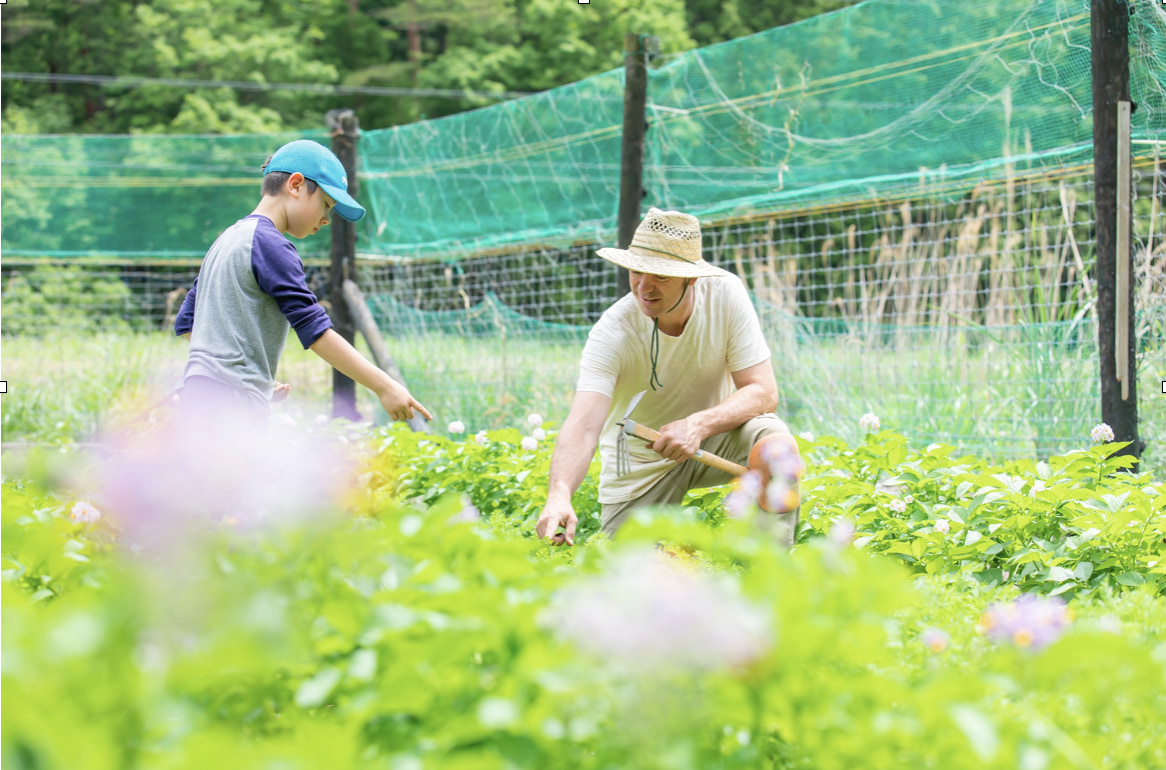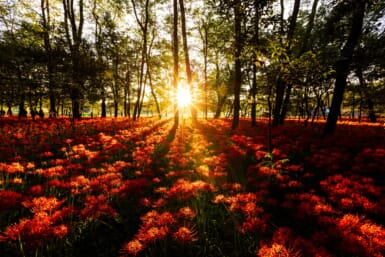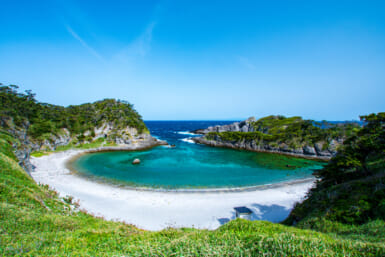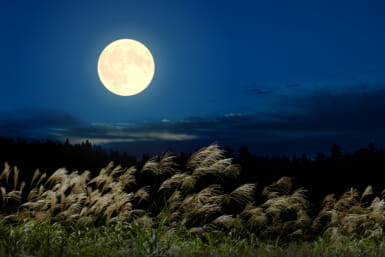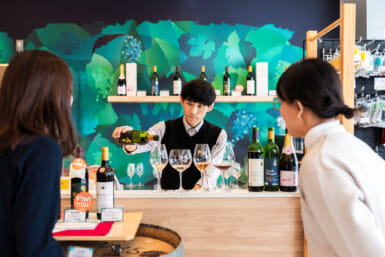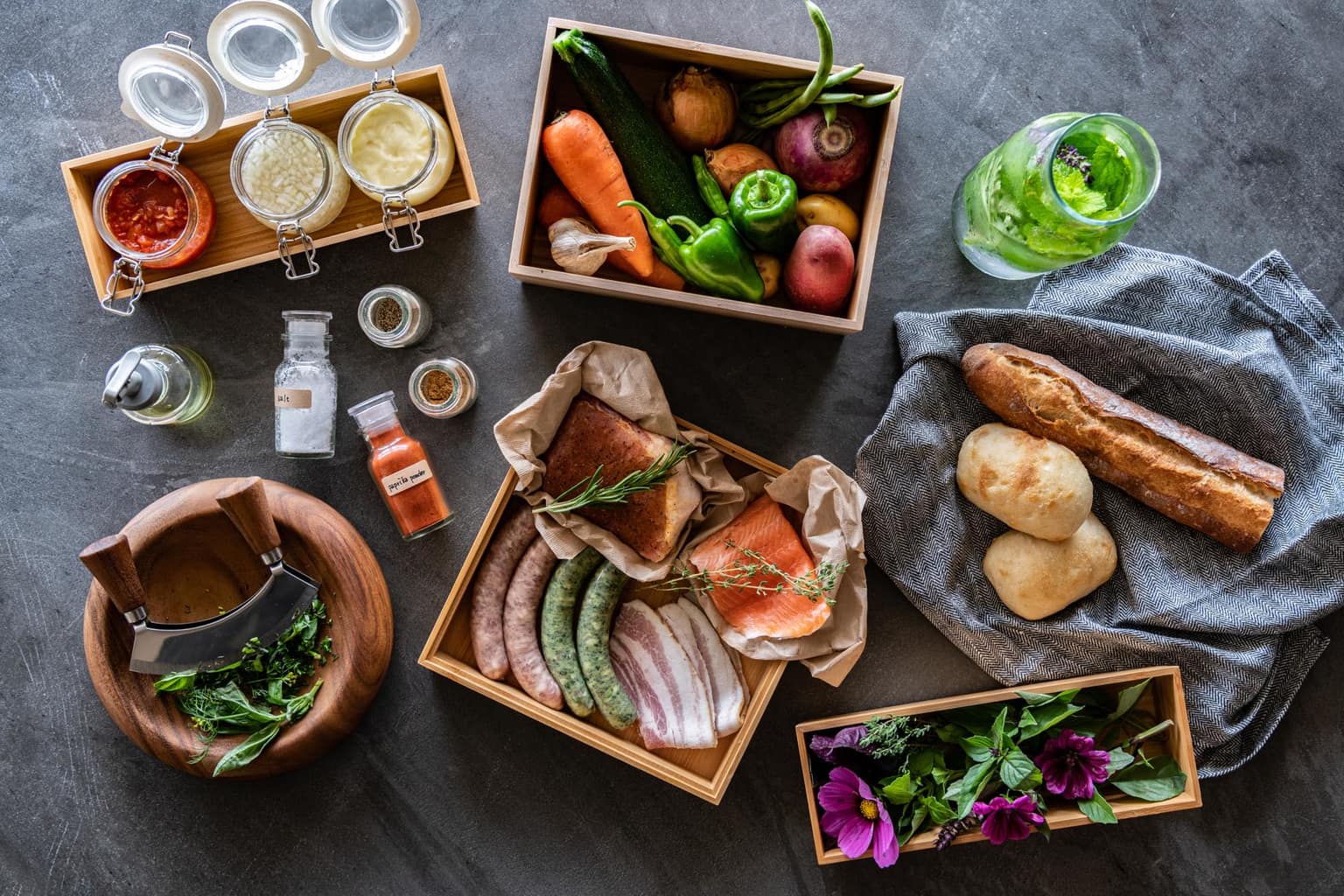
1. Kurkku Fields, Chiba
This is a 74-acre farm in Chiba, famously run by Takeshi Kobayashi of Mr. Children fame. Enlisting the help of his artistic connections, the Kurkku Fields plot includes art by Yayoi Kusama and Anish Kapoor, as well as spaces for families and children.
Visitors to the farm can learn about sustainability and how it is put into practice, from the solar panels to the edible herb garden. There is even an ‘underground’ library containing books about farming and sustainability. Foodies will no doubt enjoy the restaurant, with its fresh pizza; the bakery, with picture-perfect bread and the cake shop, which specializes in chiffon cake to make the free-range, farm-grown eggs shine.
The farm runs numerous events throughout the year, from open harvest to experiences such as pizza making. Visitors who want to relax over a few days can stay in the accommodation, which includes breakfast and dinner from the farm. Check out TW’s feature on Kurkku Fields.
2. Midori Farm, Shiga
Midori Farm is a non-profit farm in Shiga, just over an hour away from Kyoto. It has been running for over five years. The owner, Chuck Kayser, also runs a Seeds of Sustainability program to promote organic farming. Midori Farm hosts tours and English camps to teach visitors about farming and permaculture. With no animals on-site, it’s a perfect visit for vegans and vegetarians.
Visitors to Kyoto can take advantage of the Airbnb experience which shuttles budding farmers straight from Kyoto to Midori Farm for the day, before driving them back in the evening. People hoping to visit Midori Farm should book in advance.
3. Kasamatsu Farms, Kanagawa
Kasamatsu Farms has been running since 2011 when its owners, Byron and Kaori Nagy, decided to quit their corporate jobs and move to the countryside. They also run a farm-to-table bed and breakfast, Yokomura Eco Lodge.
Groups who stay at the lodge are treated to breakfast from the farm, while the dinner is cooked by a local chef. The couple are experts in permaculture and sustainable farming, running retreats and workshops for groups who want to know more about sustainability and life in the country. The farm is only open to groups who plan to stay at the lodge, so contact the owners directly before visiting.
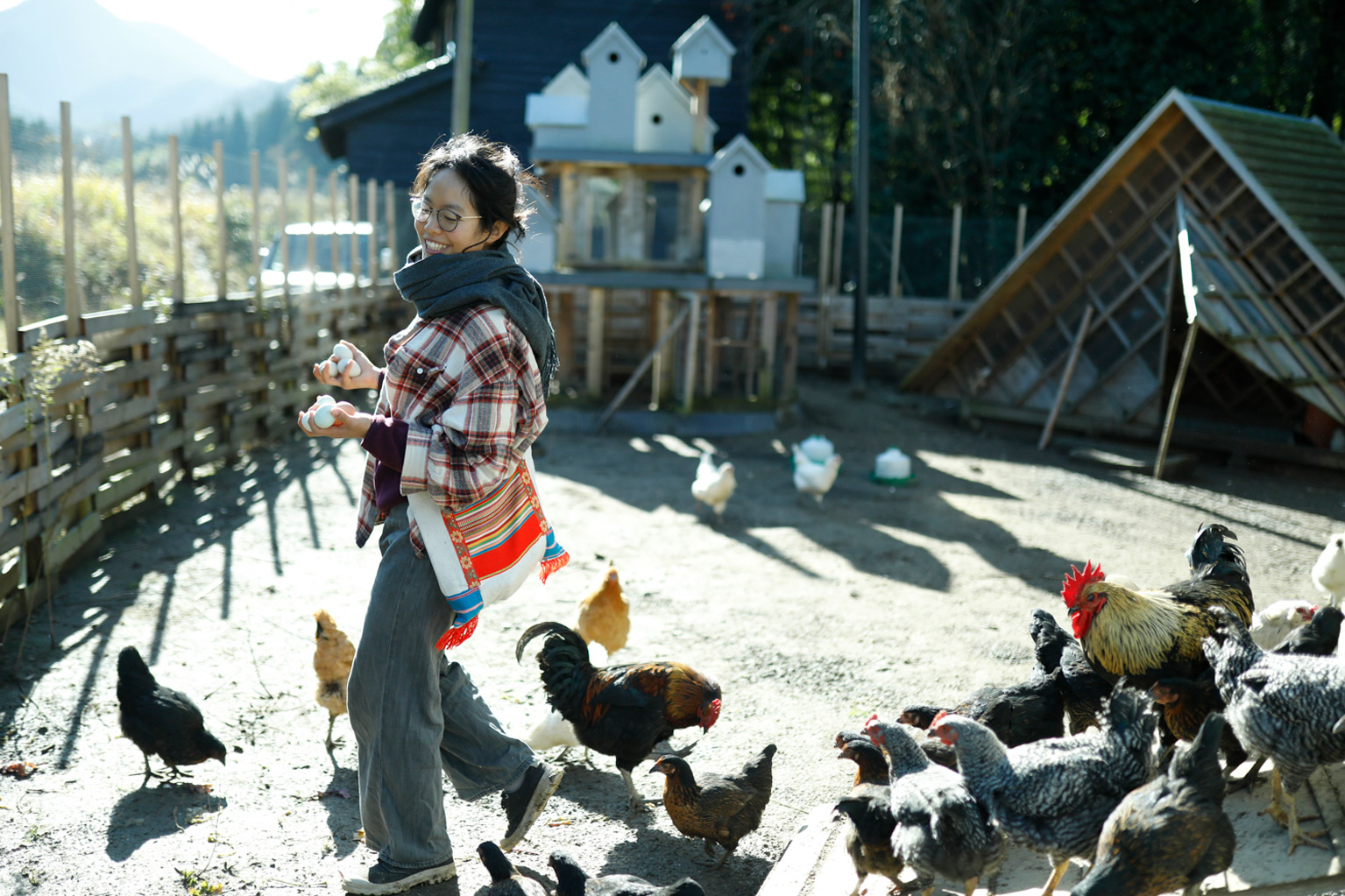
Chickens at Takigahara
4. Takigahara, Ishikawa
The Takigahara complex is run by the same people behind the seminal Aoyama Farmers Market. Inviting a host of young people to run wild in nature and start a farm might not sound like the best idea, but it works. The site currently grows fruit and vegetables and keeps chickens, all for use in the Takigahara kitchen.
Visitors to the site can learn about everything from farming to nature and local pottery, with delicious food coming from the café or the restaurant. Probably the most design-oriented farm on this list, guests can choose to stay in the hostel or in a private room, which includes furniture by Zaha Hadid.
Takigahara is also home to a bar serving natural wine and hosts a yearly music festival. Check out TW’s interview with the Takigahara team here.
5. Pitchfork Farms, Hiroshima
Overlooking the serene Seto Inland Sea is the independent site of Pitchfork Farms, a sustainable farm which focuses on regenerative agriculture. Visitors to the farm can partake in a farm tour, which includes a take-home seasonable fruit and vegetable box.
The farm hosts adult-focused workshops throughout the year, teaching the merits of sustainable farming and seed production. The farm aims to expand into lodging to offer a true farm-stay experience.
6. Sho Farm, Kanagawa
Located near the sea in Yokosuka, Sho Farm doesn’t use any chemicals and is also a no-waste operation. It even has its own podcast discussing farming and sustainability issues. Visitors to the farm can buy vegetables and fruit very cheaply straight from the farm, from Tuesday to Saturday.
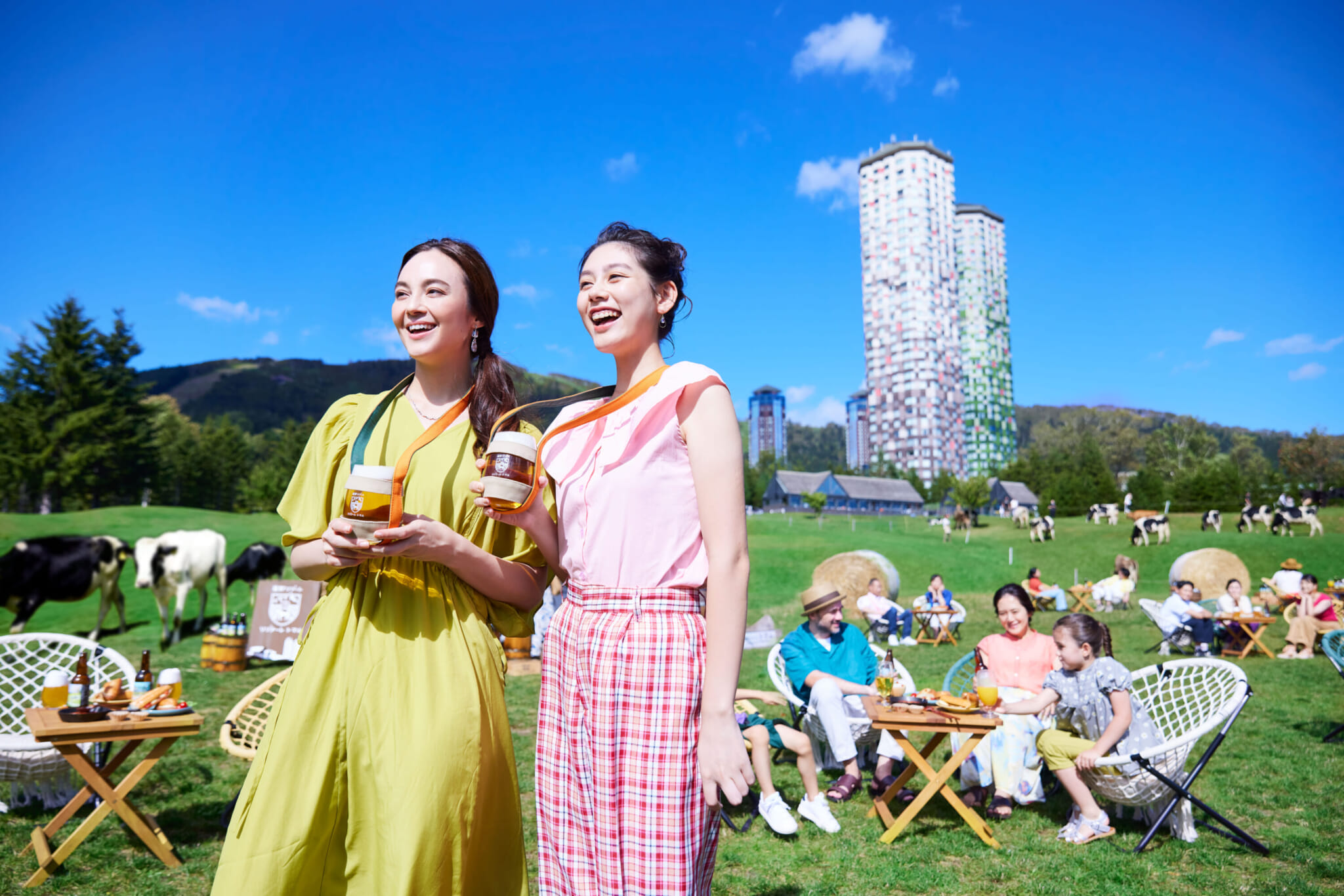
Hoshino Resorts Tomamu
7. Hoshino Resorts Tomamu, Hokkaido
Located in Hokkaido, Hoshino Resorts Tomamu realized the potentially calming effects of farming for travelers. The resort came first and the farm soon followed — all 100 hectares of it.
Guests at the resorts — and day visitors — can zoom around the area in ‘Moo-Moo Carts,’ stopping at one of the trees to picnic at leisure. Getting up close with the farm animals is a big part of the Tomamu experience, with a ‘sheep sleep hammock,’ which is a highly touted activity. Basically, you lounge in a hammock and count sheep before you sleep.
The farm runs seasonal activities throughout the year, such as Moo-Moo School during summer, in which a tour guide teaches attendees all about cows, even down to comparing the taste of the milk from cows in the field in front.
The milk produced by the farms’ dairy cows is used in the resorts’ restaurants and buffets, meaning that guests are truly able to appreciate the wonders of nature.

